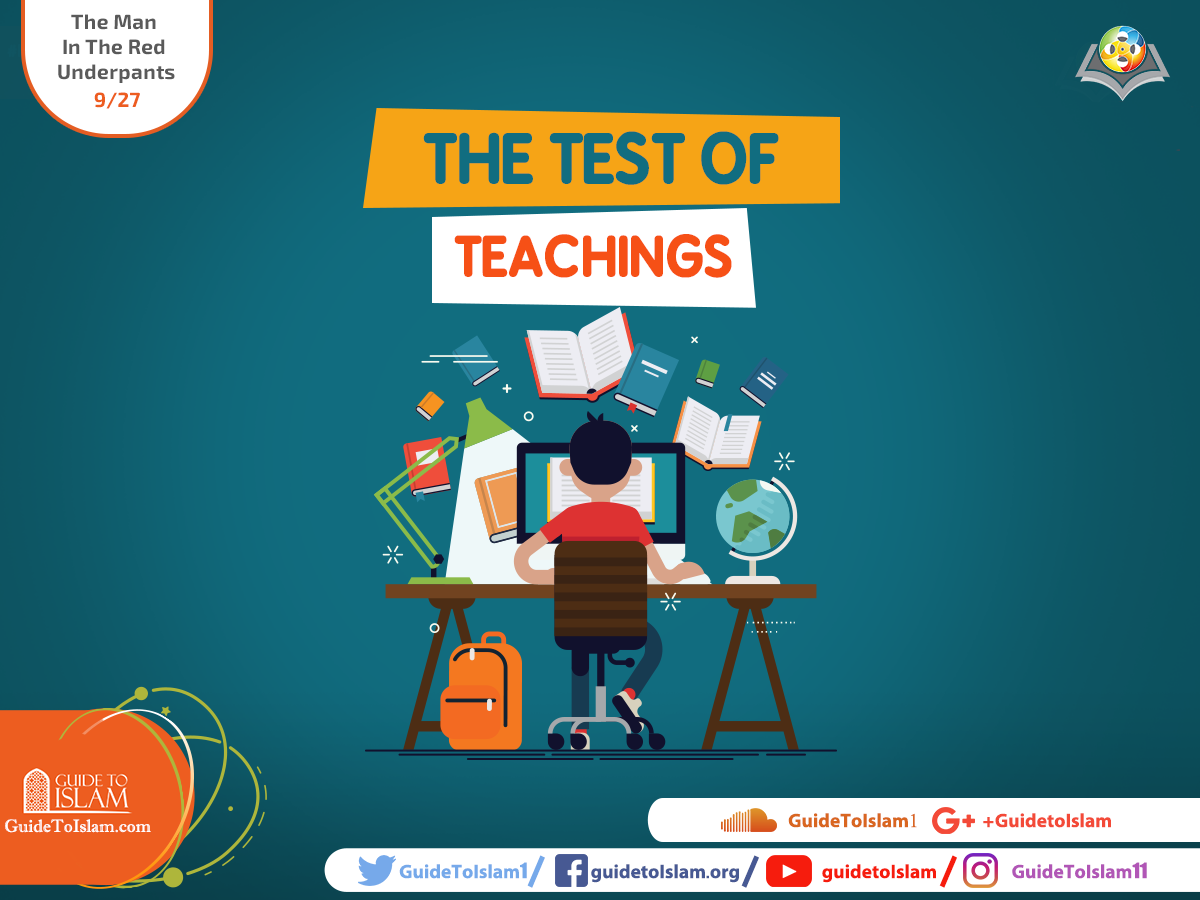The Twst of Teachings

The first test, and probably the best and most convincing, very soon leaves us with few options.
What exactly does it say about the Creator? Which religion teaches that there is One Unique Creator whose nature is different from the creation: One, Eternal, Self-Sufficient, Transcendent Creator?
It’s not my intention here to criticise and mock various religions, since all religions teach and encourage a common range of morals and values. They all have their various strengths and weaknesses. Rather, the purpose is just to examine them in the light of this simple and universally understandable criterion.
In the light of this we have, perhaps controversially, only three real contenders: Judaism, Zoroastrianism and Islam. Christians might claim that they have a right to be included in this category, but at least from the position of normal Christian belief it must join every other religion in compromising or distorting this concept of the Unique Creator in one way or another.
For example, Hinduism generally has a pantheistic concept of god. This is the idea that everything is God. The universe, earth, moon, Mars, trees, animals and us, are all God.
How can we reasonably understand and justify such a claim? If we mean by ‘God’, the Creator, then this is saying the creation created itself, and the creation is the Creator. How does this explain the ordering of a finite universe, and what rational evidence is there to support such a claim? This is really like saying the universe created itself. But if it was not there in the first place how could it have created itself?
Also, we don’t ascribe to the universe the ability to order and systemise. It is not one of its qualities or attributes. The universe is made of stars and galaxies, and these themselves are in need of a Creator. Since they need an organiser individually, they also need it collectively! A collection of needy things does not somehow become self-sufficient. A country full of starving people is not any more likely to be able to feed itself than an individual starving person!
Christianity shares a similar problem. Of course many Christians would put forward the same arguments for the existence of the Creator as I have already put forward, but then go on to say that Jesus, a limited, finite, needy being, was God. The problem here is clear. How rationally can anything be two complete opposites at the same time? How can the finite also be infinite at the same time? How can something be self-sufficient and needy, eternal and temporary, both common and unique, one and many all at the same time?

